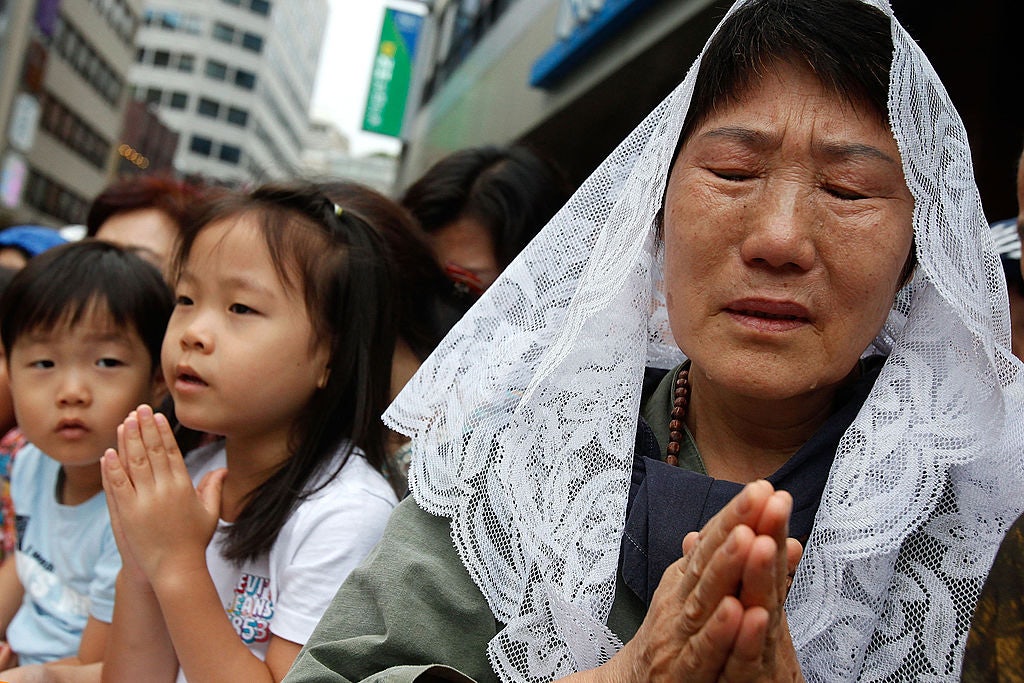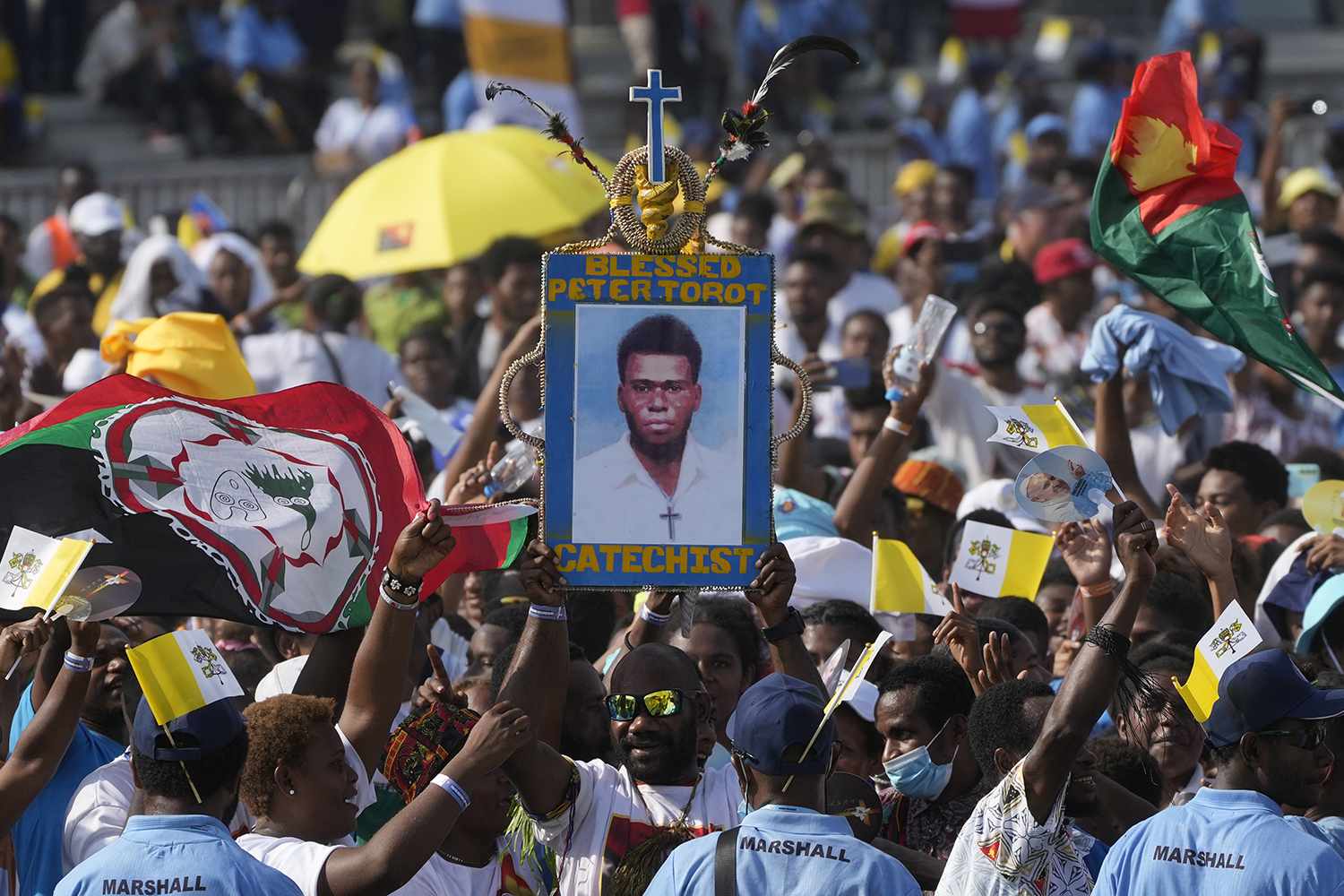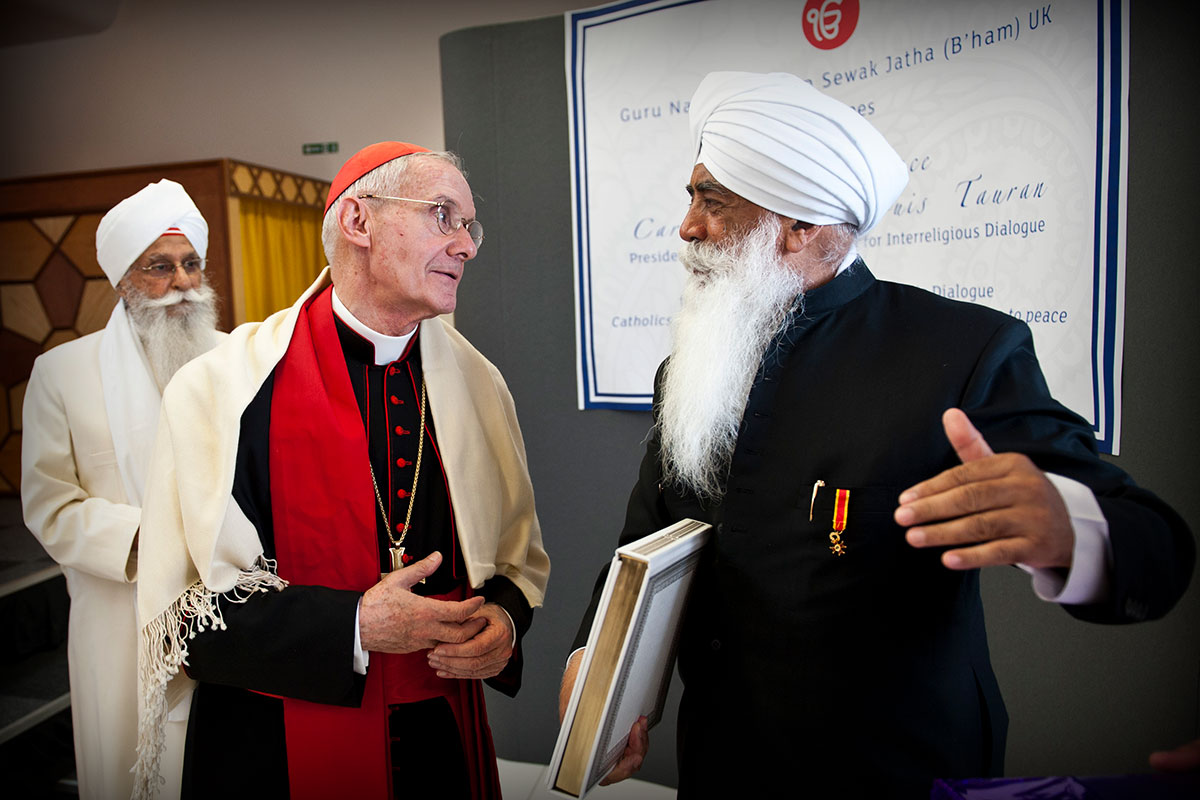The urgency of Dialogue and Peace
Joaquim Magalhães de Castro
On the eve of the anniversary of the outbreak of the Korean War – which began on June 25, 1950, and concluded three years later through a ceasefire and an armistice, meaning the conflict technically remains in force – and also the ‘Day of Prayer for Reconciliation and Unity of the Korean People’, established in 1965, the Archbishop of Seoul, Peter Soon-taick Chung, called for a “renewed commitment to peace and reconciliation”, highlighting how crucial the importance of “not passing on the legacy of hatred to future generations”.
In the homily of the Mass celebrated on June 24th at Myeongdong Cathedral – to better mark this special date – Bishop Chung stated: “Although the current relationship between the two Koreas may seem dark, we Christians must persevere. It is in this moment of growing hostility that our prayers make the most sense”. This message of hope and unity confirms the ongoing commitment of the Committee for the Reconciliation of the Korean People of the Archdiocese of Seoul, as well as the corresponding ‘National Committee for Reconciliation’ within the Korean Episcopal Conference: a commitment of a spiritual nature (celebrated 1,413 masses of reconciliation to date) and of a material nature, capable of acting as a pacifying agent, faithfully following the logic of the Gospel.
Precisely, and evoking the Holy Scriptures, the prelate of the South Korean capital recalled that Jesus Christ, “Himself”, showed that peace cannot be achieved if we behave according to the principle of ‘an eye for an eye; a tooth for a tooth’, but rather if we open ourselves to dialogue, with Dom Chung appealing to the faithful at the end of the homily to imitate “God’s unlimited mercy and patience” and choose the path of peace. Regarding the reputed resilience of the South Korean people, Bishop Chung recalled that when they wanted to overcome poverty, economic development emerged; when “hope was born” in order to overcome the dictatorship, democracy was achieved.
And today, with the growing and unstable military escalation at a global level, we must nurture the most important hope of all: “that of overcoming divisions and distrust”. At the end of his sermon, Bishop Chung called on all Koreans, from the north and south, to “always choose the path of peace, forgiveness and reconciliation instead of the thorny paths of hatred and bitterness”.
Since 1965, the Korean Church has celebrated the Day of Prayer for Reconciliation and National Unity on June 25, an even more important and timely date at a time when relations between North and South Korea are at their lowest level. All channels of dialogue are closed and the September 19, 2018, military agreement, which was intended to avoid accidental clashes, has been partially suspended by the Seoul government. This agreement aimed to reduce tensions along the inter-Korean border by eliminating antipersonnel mines, guard posts, weapons and personnel on both sides of the border, as well as establishing joint military buffer zones.
“What can we do, now that relations between the two Koreas are on the verge of collapse?” asks Bishop Simon Kim Jong-gang, President of the National Reconciliation Committee of the Korean Bishops’ Conference.
“Today more than ever,” he responds, “we will have to reflect on whether we really treated our brothers from North Korea as ‘compatriots’ during all these years of division”. He then appeals to people to embark on a new path, always armed with a humble heart and a spirit of sincere conversion. For true unity can only be achieved if we strive to change ourselves by approaching and welcoming others with understanding.
Imbued with this spirit, the faithful in South Korea began a special novena in preparation for the Day of Prayer for Reconciliation and National Unity, which also included the holding of two symposiums. The prayer, which began on June 17th, continued until the 25th, in all parishes across the country. On June 20th, a symposium on the theme ‘The Catholic Church and Education for Peace’ took place in the auditorium of the Seoul Cathedral Complex, in which professor Julia Kim Nam-hee, from the Catholic University of Korea, spoke about of ‘Catholic Civic Education and Peace’, while academic Beatrice Seo-jeong Son spoke about ‘Education for Youth and Peace’.
Another conference organized by the Archdiocese of Seoul and entitled ‘The Path of the Faithful to Peace on the Korean Peninsula’ will take place on July 25th. Its objective is to make known the express desire of lay Catholics to work for the improvement of inter-Korean relations. Regarding this event, Dom Simon Kim Joo-young said: “I am really worried. The hope of the past years – that all conflicts can be resolved through dialogue and cooperation – has now practically disappeared. Everywhere you can only hear the drums of war and the use of military force remains at the forefront.” In this extremely difficult situation, “we must ask God for help and the laity must take the initiative” to restart dialogue and peace.


 Follow
Follow


